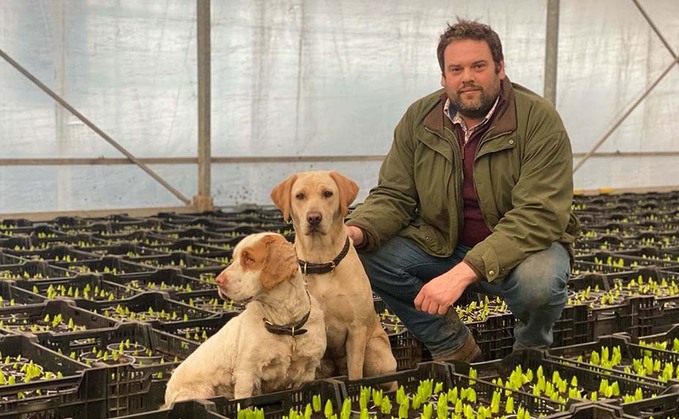
January has been a testing month so far; with heavy rainfall, sharp frosts and even the odd attempt at snow. Winter cultivations have taken a back seat at present, however the horticultural side of...

January has been a testing month so far; with heavy rainfall, sharp frosts and even the odd attempt at snow. Winter cultivations have taken a back seat at present, however the horticultural side of...
Charity urges farmers to sign-up and get behind 20th-anniversary year
Farming communities demonstrated strength and resilience to overcome the foot-and-mouth crisis and its aftermath. But have lessons been learnt 25 years on?
David and Jo Clarke set out to make farmhouse Red Leicester the way it was originally intended, and their raw milk Sparkenhoe is now named the world's Best Territorial Cheese